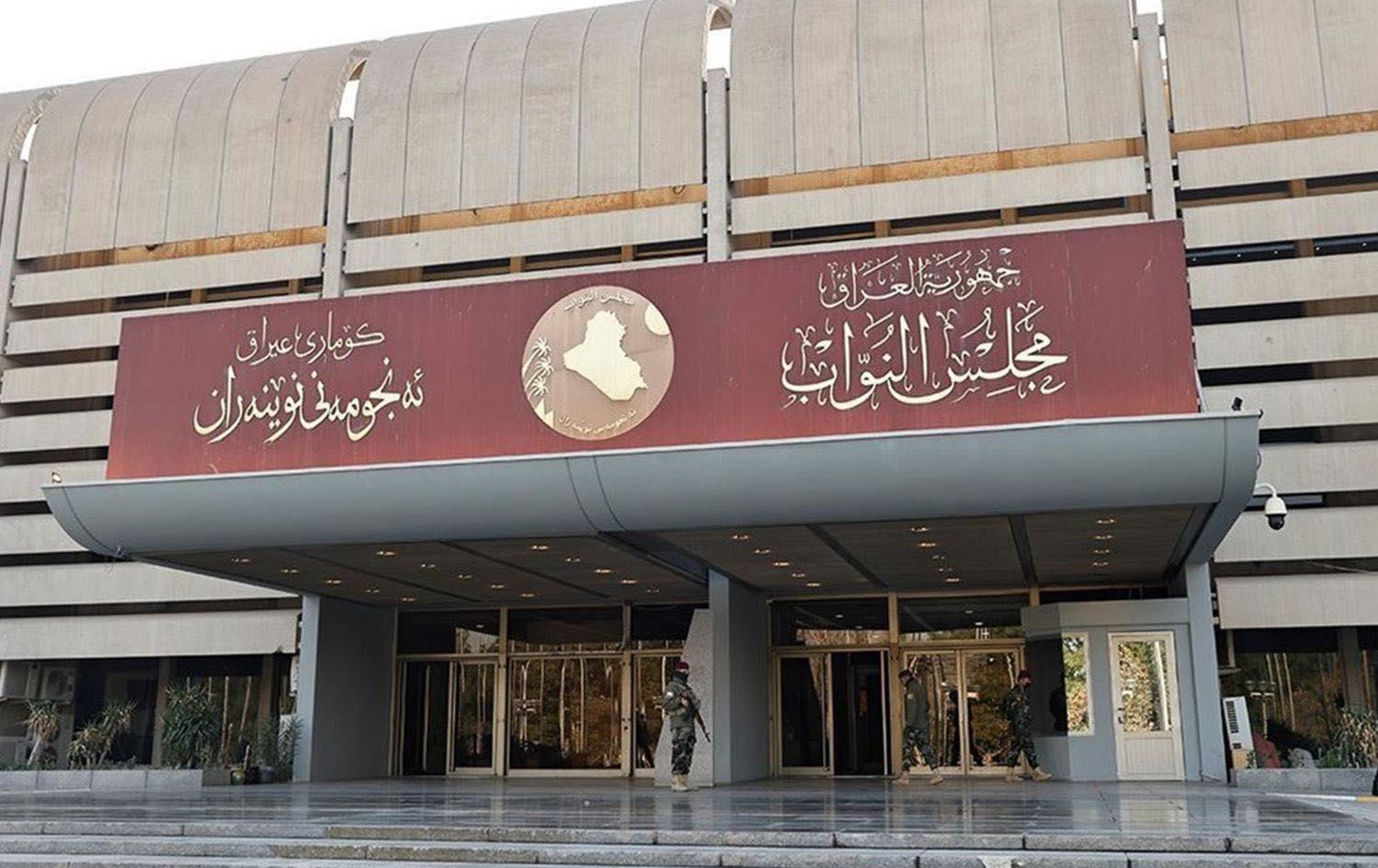KRG Civil Servants Face Salary Crisis as Baghdad Halts Payments – Parliament Condemns Finance Ministry

Erbil, Kurdistan Region – A significant crisis is unfolding in the Kurdistan Region as the Iraqi federal finance ministry has halted salary payments for over a million civil servants employed by the Kurdistan Regional Government (KRG). This decision has sparked outrage and condemnation from the Iraqi parliament's presidency, who have voiced their “deep regret” over the move.
The dispute stems from a long-standing disagreement regarding the KRG's share of Iraq's national budget. Baghdad has repeatedly accused Erbil of failing to adhere to agreements related to oil revenue sharing and other financial obligations. The finance ministry's action is being interpreted by many as a form of pressure on the KRG to comply with these demands.
“We deeply regret the finance ministry's decision to stop sending salaries to KRG civil servants. This decision will have a devastating impact on the lives of many families and will further destabilize the region,” stated a spokesperson for the Iraqi parliament's presidency. They emphasized the need for dialogue and a swift resolution to the issue, highlighting the humanitarian consequences of the salary freeze.
The KRG, for its part, has condemned the move as unjust and politically motivated. Officials argue that the KRG has been cooperating with Baghdad and that the salary freeze is an attempt to undermine the region's autonomy. They are urging the Iraqi government to reconsider its decision and resume salary payments immediately.
Economic and Social Impact: The halt in salary payments has triggered widespread concern about the economic and social consequences. Over a million civil servants and their families rely on these payments for their livelihoods. The sudden cutoff is expected to exacerbate poverty, increase social unrest, and potentially lead to a decline in essential services provided by the KRG.
Political Implications: Beyond the immediate economic impact, the dispute has significant political implications. It underscores the fragility of the relationship between Baghdad and Erbil and highlights the challenges of power-sharing and resource management in Iraq. The situation could further complicate ongoing efforts to form a stable and inclusive government in Baghdad.
Calls for Resolution: International observers and regional powers are urging both Baghdad and Erbil to engage in constructive dialogue and find a mutually acceptable solution. The United Nations Assistance Mission for Iraq (UNAMI) has expressed its concern over the situation and reiterated its commitment to supporting efforts to resolve the dispute peacefully. A return to negotiations and a commitment to honoring existing agreements are seen as crucial steps towards averting a deeper crisis.
The Iraqi parliament presidency has called on all relevant parties to prioritize the well-being of the people and to work towards a resolution that respects the rights and interests of all Iraqis. The coming days and weeks will be critical in determining the future of the relationship between Baghdad and Erbil and the stability of the Kurdistan Region.





